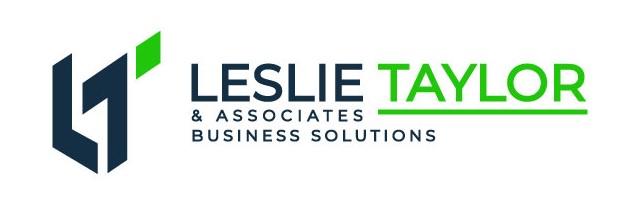Debit or credit or both? While we’re used to being asked this question in our personal lives, it’s important to consider this question in terms of our businesses as well. There are pros and cons to each option. I want you to be equipped with a full understanding of each option as it pertains to your business so you can make the best decision for you.
First things first, you need to have a business bank account that is separate from your personal bank account. If you already have this—awesome! If not, here is your first action item. Next, use these accounts accordingly. That means pay for business items using the business bank account and personal items using your personal bank account. As CEO, this will enable you to track the performance, profitability and health of your business as well as be in control of your cash—and we all want that right?
What types of accounts should you set up?
As a business owner, I know you want to be in control of your money. That means you have to keep close track of your expenses. Have you ever thought deeply into your choice, though? While it’s easy to do things the way you’ve always done them, simply fronting the money for every purchase – or charging every purchase – isn’t always the right decision.
Be sure to evaluate the differences between debit and credit for a business to make sure you’re doing what’s best for your business.
Business debit cards
Business debit cards work similarly to personal ones. You either swipe or insert the chip, enter your pin, and the money comes out of your account almost instantly.
Business debit cards pros and cons
The pros
- You don’t have to worry as much about overspending, since a transaction will get declined if you don’t have sufficient funds available to make a purchase. While you can go over your allotted budget for a specific item or for overall expenses, you won’t be able to get into debt using a business debit card.
- Business debit cards charge no interest and often have fewer fees than credit cards do. This can save you a lot of money!
The cons
- They often offer no type of cash back or percentage awarded back to you. They also don’t help you build credit (if building credit is something important to you) since you’re not borrowing any money.
- In terms of fraud, debit business cards can be tricky. If someone makes fraudulent purchases on your debit card for your business, you may be stuck trying to find the means to make other payments, like payroll and other bills, since the money is taken out of your account immediately.
- Requires you to keep track of a pin.
Business credit cards
Business credit cards give you a line of credit to make your purchases. This gives you the opportunity to either pay the balance in full before you’re charged interest (if applicable), or pay the balance with interest over a period of time.
Business credit cards pros and cons
The Pros
- Business credit cards sometimes feature cash back rewards, such as a percentage back. When used for various business purposes, this can be a great benefit, since even a small percentage can add up very quickly.
- They also offer better fraud protection than your standard debit card and help you build credit for your business, which can help you when it comes to financing other expenses.
The Cons
Business credit cards do come with fees and interest charges if the balance is not paid in full. Use of these cards can also lead to poor planning. When you have a set amount of money available to you, you may be tempted to use it all, with no way to pay it back.
The solution? While every business is different, there’s no right or wrong answer to the question: credit or debit? We haven’t even gotten to Paypal and the like (which can create a much more complex situation when it comes to money tracking —that means more costly). At the end of the day, you must decide the best solution for your business, which could mean having both options. Again, I will say the most important decision is one where you have business accounts and keep them separate and where you are able to best control, monitor, and manage your cash and debt.
Need guidance with tracking and managing cash flow? I’m here to help. As a business solutions expert, I have helped dozens of businesses untangle complex issues and clarify a path to greater profitability.
Email info@ltaylorassociates.com so we can discuss how I can help.
If you enjoyed this content and want more of the same check out my free guide Do This, Not That: 5 Things Keeping Your Business From Reaching Its Fullest Potential where I discuss common barriers to profitability that I observe among most small businesses.

